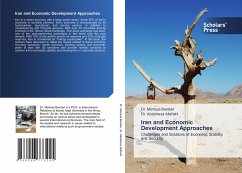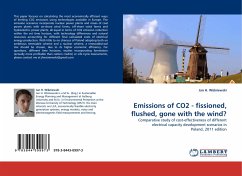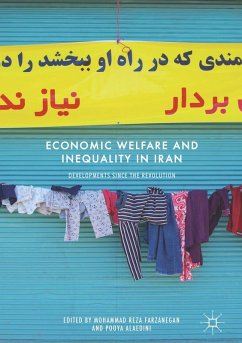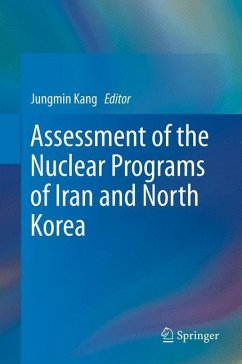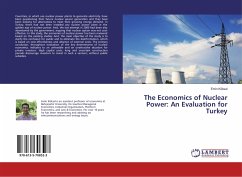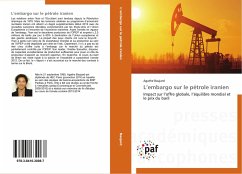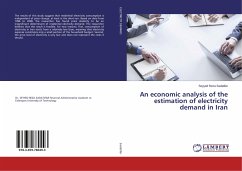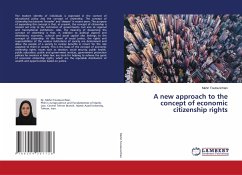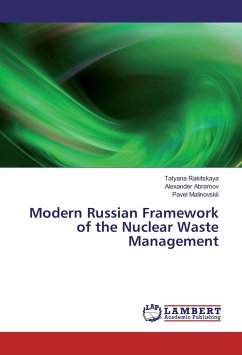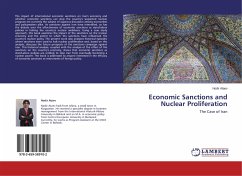
Economic Sanctions and Nuclear Proliferation
The Case of Iran
Versandkostenfrei!
Versandfertig in 6-10 Tagen
36,99 €
inkl. MwSt.

PAYBACK Punkte
18 °P sammeln!
The impact of international economic sanctions on Iran's economy and whether economic sanctions can stop the country's suspected nuclear program are currently the subject of vigorous discussion among economists and policymakers alike. As sanctions against Iran have intensified, so has the debate over the effectiveness of economic sanctions as stand-alone policies in halting the country's nuclear ambitions. Using a case study approach, this book examines the impact of the sanctions on the Iranian economy and the extent to which the sanctions have influenced the country's nuclear policy. The pre...
The impact of international economic sanctions on Iran's economy and whether economic sanctions can stop the country's suspected nuclear program are currently the subject of vigorous discussion among economists and policymakers alike. As sanctions against Iran have intensified, so has the debate over the effectiveness of economic sanctions as stand-alone policies in halting the country's nuclear ambitions. Using a case study approach, this book examines the impact of the sanctions on the Iranian economy and the extent to which the sanctions have influenced the country's nuclear policy. The present work also analyzes historical episodes where sanctions were used to halt nuclear proliferation and, based on this analysis, discusses the future prospects of the sanctions campaign against Iran. This historical analysis, coupled with the analysis of the effect of the sanctions on the country's economy, shows that economic sanctions as stand-alone policies are unlikely to stop Iran from eventually becoming a nuclear power. The book is addressed to anyone interested in the efficacy of economic sanctions as instruments of foreign policy.



